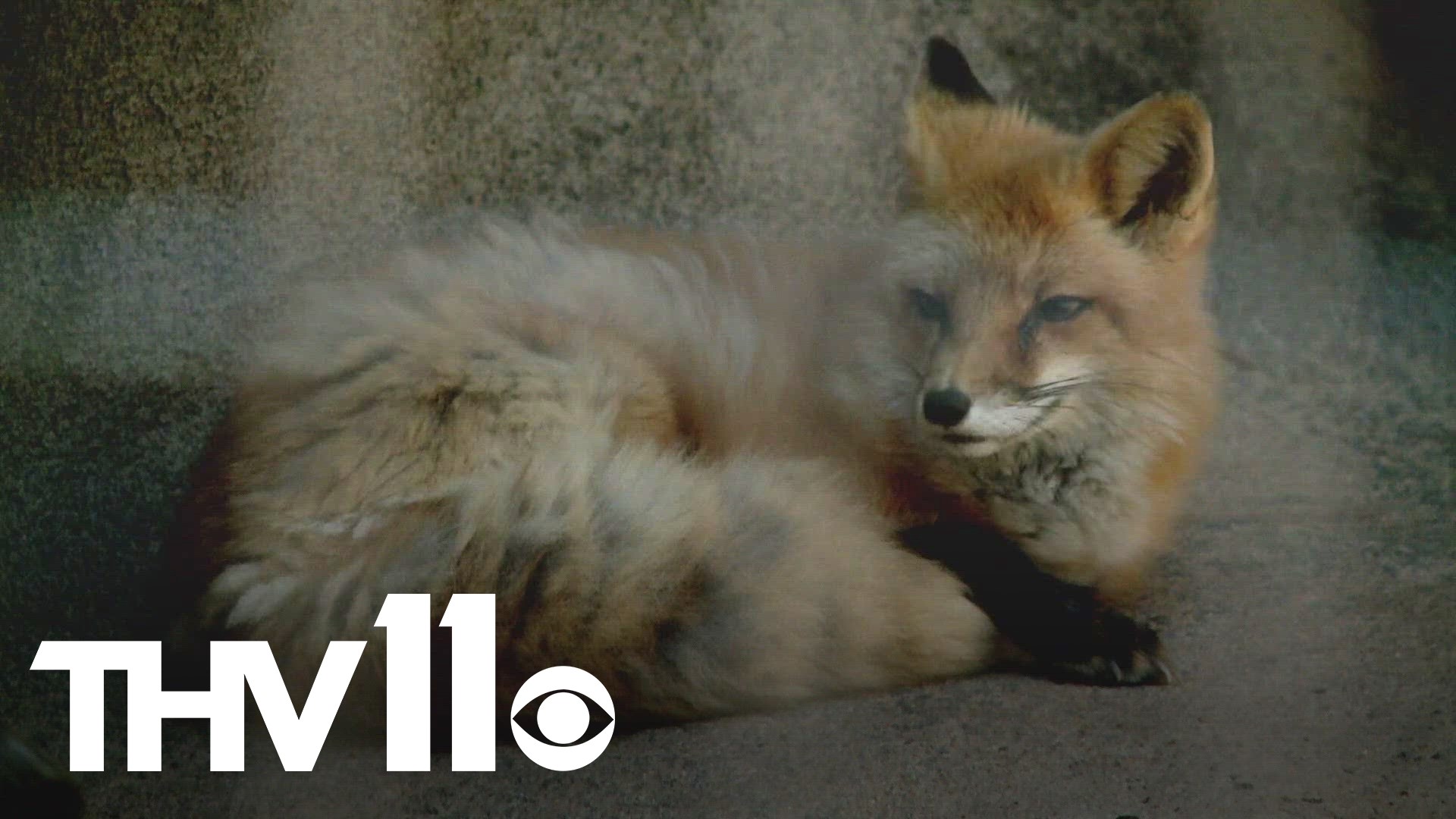LITTLE ROCK, Ark. — We're now less than two weeks away from the total solar eclipse that will happen on April 8.
During the past few months, we've talked about city and state preparation as well as potential economic impacts, health and safety concerns, and even tips for creating the best viewing experience.
However, one thing we haven't discussed yet is the eclipse's potential impact on animals.
Officials with the Little Rock Zoo gave us their unique perspective on how it could impact animals. While we've been getting excited and making plans ahead of the eclipse some of our furry and winged neighbors have no idea what's ahead of them.
Dr. Sara Stoneburg explained that scientists will be keeping a close eye on our animal friends.
"When it comes to eclipse, I think it's very much a human-driven kind of phenomenon. Unfortunately, most of the animals don't even recognize it's happening. They're like, 'Wow, that's a really big cloud,' and then they kind of just go back to what they're doing, and it's just another day for them," she described.
Some animals may be more sensitive to the eclipse than others.
"We do sometimes see changes in what we call crepuscular and nocturnal animals," she added.
You may have already heard of nocturnal animals and are familiar with how their activity is most prominent at night, but you may not know that the activity level of crepuscular animals falls somewhere in the middle.
"Crepuscular are animals that are up during the dawn and evening. So they're active during that time when it's kind of like the twilight phase. Think of animals like foxes," said Dr. Stoneburg.
While this won't necessarily mean that we'll see a bunch of wild foxes hanging out during the eclipse, the zoo is offering people the opportunity to watch the animals and look for any behavioral changes.
"We're doing what we call a citizens' science project [where] people that are coming to visit that day can kind of take notes and see if they see anything in the animals," she described.
Since the zoo has another eclipse event in the works, Dr. Stoneburg said this project will help keep tabs on how their animals react on the big day.
"There may be that one animal that reacts differently to this and having our guests out there kind of observing our animals, during that time, is going to give us a lot more information," she added.
This gives them another chance to learn from the rare solar phenomenon in hopes of better understanding the impacts of a total solar eclipse.
For more information about the total solar eclipse, please click here.

